-
 Sarah
Hi there! Welcome to my shop. Let me know if you have any questions.
Sarah
Hi there! Welcome to my shop. Let me know if you have any questions.
Your message has exceeded the limit.

Cancer Research Centers: Best Practices for Paraffin Block Archiving
2025-11-05 08:53:44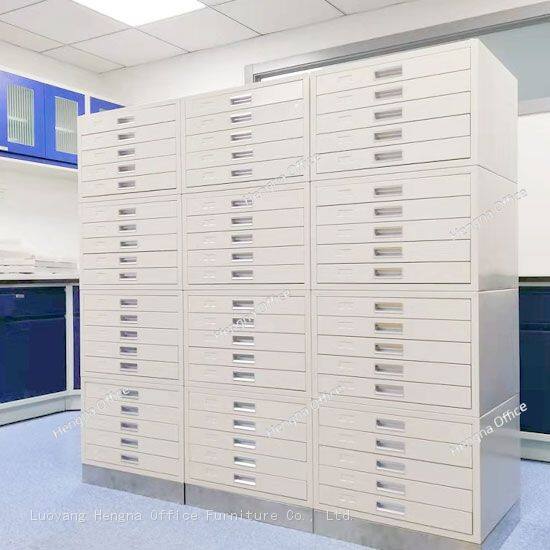
Cancer research centers maintain invaluable collections of tumor samples that serve as foundations for understanding disease mechanisms, developing treatments, and advancing personalized medicine. These irreplaceable resources require specialized archiving systems that ensure long-term preservation while maintaining accessibility for ongoing research initiatives. This comprehensive guide explores best practices for paraffin block archiving in cancer research settings and the essential role of specialized storage solutions.
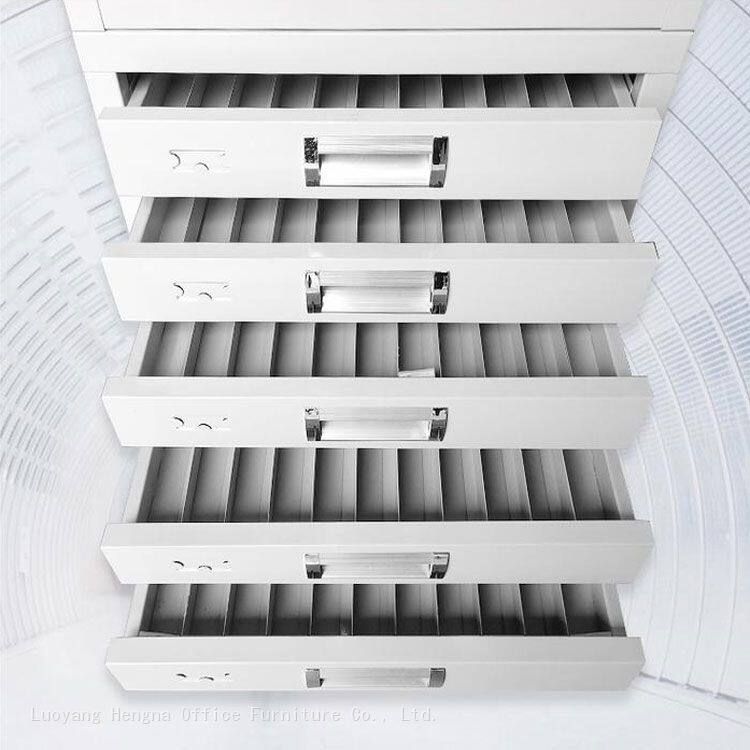
Comprehensive Sample Categorization Systems
Cancer research encompasses numerous tumor types, subtypes, and research methodologies that require systematic organization. Paraffin block storage systems provide the framework necessary to implement comprehensive categorization based on cancer type, stage, treatment response, and research parameters. This systematic organization enables researchers to locate relevant samples quickly for comparative studies and research collaborations.
The categorization benefits extend to supporting multi-institutional research initiatives and collaborative studies. Standardized organization methods enable cancer centers to participate effectively in national and international research networks. This consistency facilitates data sharing between institutions and supports larger-scale studies that accelerate cancer research advancement and treatment development.
Long-Term Preservation for Historical Studies
Cancer research often spans decades, requiring sample archives that maintain viability for extended periods. Storage cabinets provide controlled environments that protect tumor samples from degradation factors including temperature fluctuations, humidity variations, and light exposure. The sealed drawer compartments create stable microenvironments that preserve sample integrity throughout long-term research programs.
The preservation benefits extend to supporting retrospective studies and historical research analyses. Well-preserved sample archives enable researchers to conduct studies on tumor evolution, treatment response patterns, and long-term outcomes. This capability supports cancer research advancement and contributes to improved understanding of disease progression and treatment effectiveness.
Supporting Personalized Medicine Initiatives
Personalized cancer medicine requires extensive tumor sample collections that support molecular analysis, genetic testing, and biomarker identification. Storage systems must accommodate these specialized research needs through organized storage that facilitates sample selection for personalized treatment approaches. The systematic arrangement enables researchers to quickly locate samples with specific characteristics needed for personalized medicine research.
The personalized medicine benefits extend to supporting various molecular testing methodologies including genomic sequencing, proteomic analysis, and biomarker validation. Organized storage systems enable efficient sample management for these advanced testing approaches, supporting the development of targeted therapies and individualized treatment strategies.
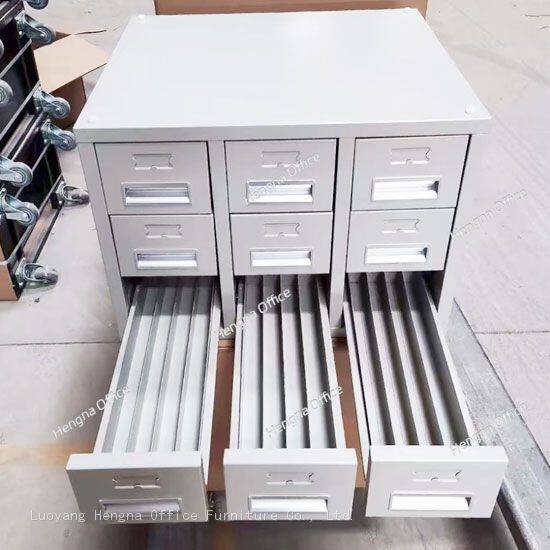
Integration with Molecular Research Technologies
Modern cancer research incorporates sophisticated molecular technologies including next-generation sequencing, digital pathology, and artificial intelligence for tumor analysis. Storage systems must integrate with these technologies to support advanced research methodologies. Integration capabilities include barcode tracking, digital inventory management, and compatibility with automated analysis systems.
The technology integration benefits extend to supporting big data approaches and machine learning applications in cancer research. Organized storage systems enable efficient sample collection for comprehensive molecular profiling and advanced analytics. This capability supports cancer research centers in leveraging cutting-edge technologies to accelerate discovery and improve treatment approaches.
Enhancing Collaborative Research Networks
Cancer research increasingly involves collaboration between multiple institutions, research consortia, and international partnerships. Storage systems facilitate this collaboration through standardized organization methods that enable efficient sample sharing and exchange. Researchers can quickly locate and prepare samples needed for multi-institutional studies and collaborative research initiatives.
The collaboration benefits extend to supporting clinical trials and treatment outcome studies. Organized storage systems enable cancer centers to participate effectively in collaborative clinical research and contribute to larger treatment studies. This capability enhances the impact of individual research centers and supports comprehensive cancer research advancement.
Supporting Education and Training Programs
Cancer research centers often serve as educational institutions that train future oncologists, researchers, and healthcare professionals. Storage systems provide the organizational infrastructure necessary to maintain teaching specimen collections while supporting active research programs. The systematic arrangement enables educational programs to utilize diverse tumor samples for training purposes while preserving research integrity.
The educational benefits extend to supporting various training programs including medical oncology fellowships, research training programs, and continuing education activities. Organized storage systems enable instructors to quickly locate appropriate teaching specimens for various educational activities and demonstrations. This capability enhances cancer education quality and supports professional development within the oncology field.
Compliance with Research Ethics and Regulations
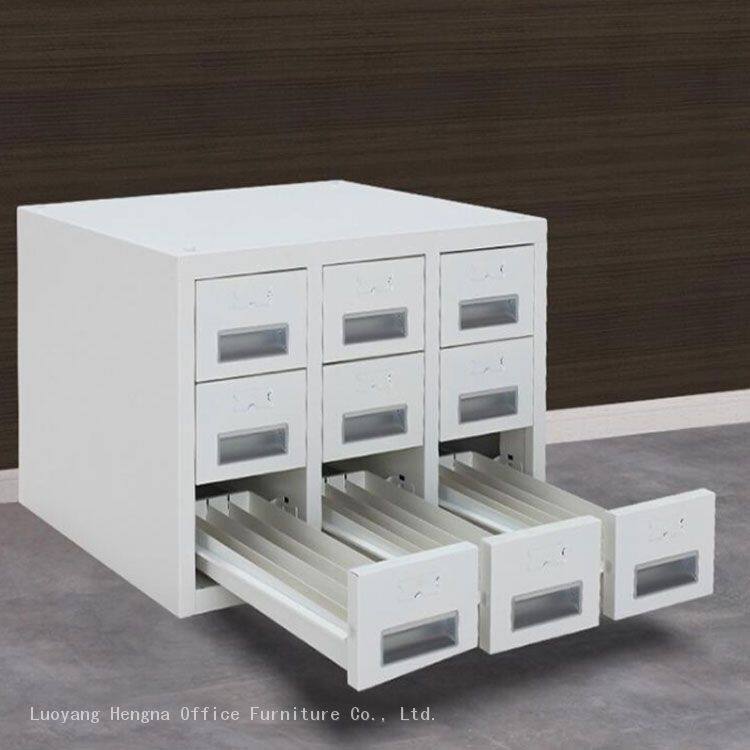 Cancer research operates under strict ethical guidelines and regulatory requirements that govern sample handling, patient privacy, and research conduct. Storage systems support compliance through organized storage that facilitates proper documentation, sample tracking, and ethical research procedures. The systematic arrangement enables cancer centers to demonstrate compliance during institutional review board reviews and regulatory audits.
Cancer research operates under strict ethical guidelines and regulatory requirements that govern sample handling, patient privacy, and research conduct. Storage systems support compliance through organized storage that facilitates proper documentation, sample tracking, and ethical research procedures. The systematic arrangement enables cancer centers to demonstrate compliance during institutional review board reviews and regulatory audits.
The compliance benefits extend to supporting various ethical considerations including informed consent, patient privacy protection, and appropriate sample use. Organized storage systems enable cancer centers to maintain detailed records of sample provenance and usage, supporting ethical research conduct and protecting patient rights throughout research activities.
Space Optimization for Growing Collections
Cancer research centers continuously expand their tumor sample collections as research programs grow and new patient samples are acquired. Storage cabinets maximize space utilization through vertical storage designs that accommodate growing collections within existing facility constraints. This space efficiency enables centers to maintain research growth without requiring facility expansion or relocation.
The space optimization benefits extend to supporting various research programs and initiatives within the same center. Compact storage systems create organized environments that enhance workflow efficiency and support multiple research teams simultaneously. This improved organization enables cancer centers to maximize their research impact and resource utilization.
Cost-Effective Research Infrastructure
Cancer research requires substantial investment in infrastructure, equipment, and personnel. Storage systems provide cost-effective solutions through durability, adaptability, and operational efficiency. The initial investment yields returns through improved research productivity, enhanced collaboration capabilities, and support for grant funding applications.
The cost-effectiveness extends to supporting various funding sources including research grants, philanthropic donations, and institutional support. Proper sample storage and documentation strengthen grant applications and demonstrate responsible stewardship of research resources. The ability to maintain long-term sample archives also supports future research opportunities and additional funding initiatives.
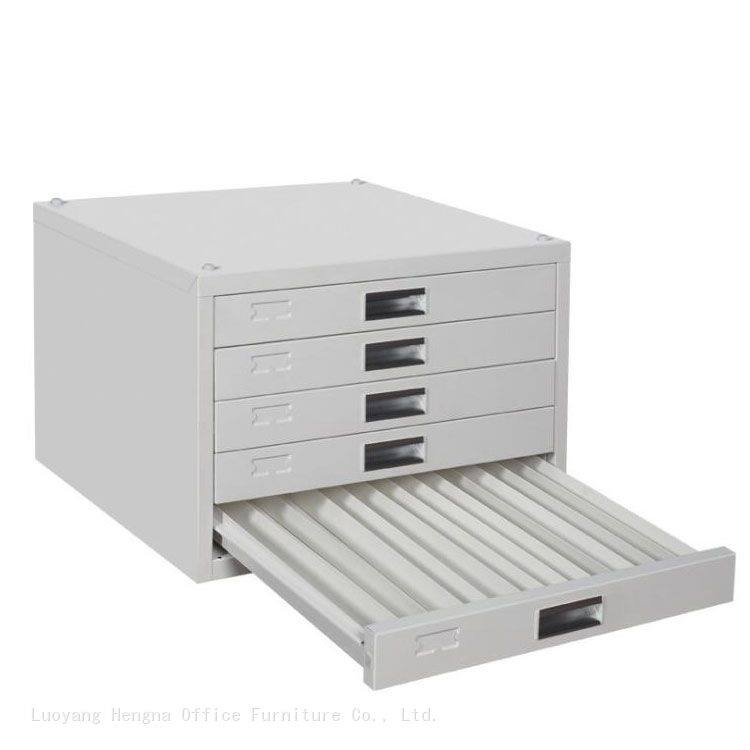
Tags: Paraffin Block Archiving, Cancer Research Centers

